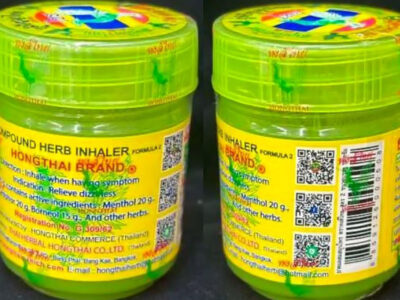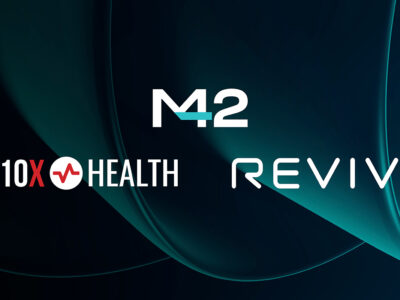Dubai paramedics are set to benefit from an IT injection, after the Department of Health and Medical Services confirmed a deal to kit ambulances out with a high-tech response system.
The agreement will initially see 30 vehicles fitted with the CareMonX EMS Suite; a pre-hospital management system, that allows real-time patient and data transmission to receiving hospitals. The software, which is currently being installed in Dubai’s Unified Ambulatory Care (UAC) fleet, has been designed to optimise patient care in the field.
Dr Ahmed Javad is the regional director of Valentia technologies, the company behind the system. “In the golden hour after any incident, it’s vital that interventions happen in a timely and suitable way,” he said. “Our system that allows paramedics to record treatment electronically, and the information is then broadcast to the receiving trauma center.”
Via a flatscreen monitor, staff in Rashid Trauma Centre will be able to see how many ambulances are approaching the hospital and the critical level of each patient. “Staff can access anything from oxygen saturation levels, to the meds that have been administered,” Javad said.
Bike-based paramedics will be equipped with a digital pen that can broadcast the same information back to the trauma center.
Aside from prepping staff on the condition of the incoming patient, Javad said, the system creates an electronic care report that can be used for root cause analysis. The data can reveal which incidents are most common, when, and in which part of the Emirate.
“For example, you might see that 80% of cases are inner-city abdominal injuries,” Javad explains. “With this data, you can optimise the skills of your staff and the care you prioritise in the trauma center.”
The software is also geared towards continuing professional development. The system is equipped with clinical guidelines, established by Ireland’s Pre-Hospital Emergency Care Council, to encourage best practice among paramedics.
“The standards cover everything from chest compressions to inserting a chest tube,” Javad notes. “It allows paramedics to follow a structured protocol of care, to aid them in becoming more self-sufficient. At the same time, because paramedics can broadcast vital signs over, they can get a second opinion.”
The company is currently in talks with Abu Dhabi’s Health Authority, with a view to installing the system UAE-wide. “This system is most effective at a national level,” Javad said,” Because you could capture and share nationwide data.”
The system should be fully functional within two months.







